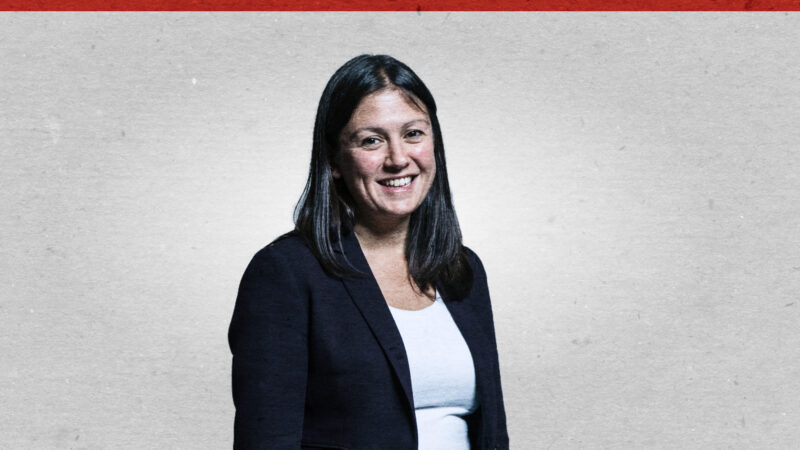
“Send nudes”
“F*** off c***”
“Lisa Nandy flashing her legs tonight. Anything to get attention”
This is just a taste of some of the messages my campaign team received in response to a text asking Labour members whether they would support me in this leadership contest. After a decade in parliament, the tone and content has become all too familiar. But this kind of misogyny – particularly in political life – often comes in a much quieter, more subtle form.
When I took the decision to stand as a candidate in the Labour leadership election, questions like “are you tough enough” and “do you think you have the experience” became commonplace. Many felt it appropriate to question whether I “looked Prime Ministerial enough” or “lacked the authority” to lead.
From the outset, several colleagues asked why I wasn’t standing to be deputy – or whether I thought it would be best to stand aside to back another candidate. As a woman in public life, you are forced to defend the clothes you wear, your choice of footwear and even your right to take maternity leave. This – from those within our own party.
But this isn’t the Labour Party I believe in. We are the party of Margaret Bondfield, who was told she couldn’t join a trade union, so set one up herself. Bondfield went on to break the glass ceiling as the first cabinet minister for Labour in 1929. It is simply not good enough that, in the 90 years since her appointment, there have only been 45 women who followed her into the cabinet. Just three female directly-elected mayors. Only 20% of Labour council leaders.
Our country has twice elected a women into Number 10. But Labour – still without a woman leader in our 120-year history – lags shamefully behind. On International Women’s Day, we have an opportunity to celebrate the women who have created and shaped our movement, and reflect on how much further we still have to go.
Because it has been women who have fought and won many of the battles in our history. Women who advanced the battle for equal pay, thanks to fearless champions like Barbara Castle and the Ford machinists. It was Tessa Jowell who delivered the transformative Sure Start programme. And in 1936, in the face of rising unemployment and devastating poverty, it was Jarrow’s MP Ellen Wilkinson who organised the march that would awake a nation. In these moments, women have shown leadership because they knew that more of the same simply would not do.
When an Indian woman, Jayaben Desai, led the Grunwick workers out on strike just before I was born, she changed the way women like me were seen in our movement and in our country. She showed a nation in despair that through the strength of our common endeavour, a better society can be built. She told her managers, we are the lions.
In this moment, this is the spirit the country needs. To rediscover the ambition of those who came before us, celebrate the contribution of their generations and commit ourselves to carrying the torch forward.
I am asking Labour members to join me on this journey. To show those who have lost faith in the Labour Party that we have the courage to choose a different kind of leader, and with it a different kind of leadership. This is our moment to roar.




More from LabourList
Labour place third in Gorton and Denton by-election as Greens gain seat
‘What Batley and Spen taught me about standing up to divisive politics’
‘Security in the 21st century means more than just defence’